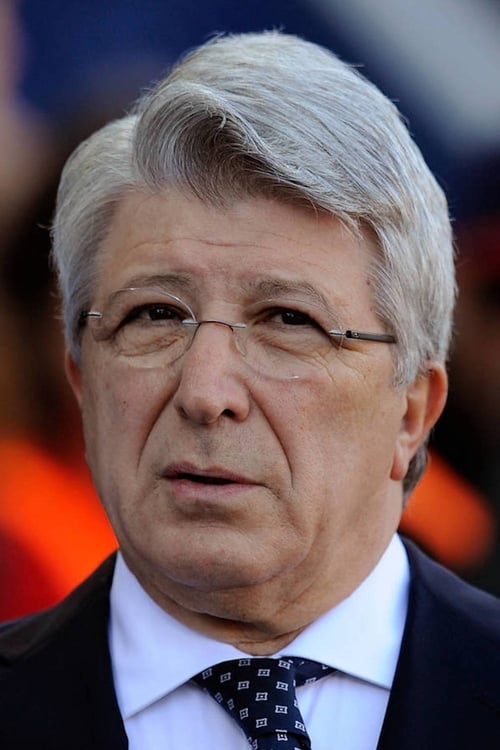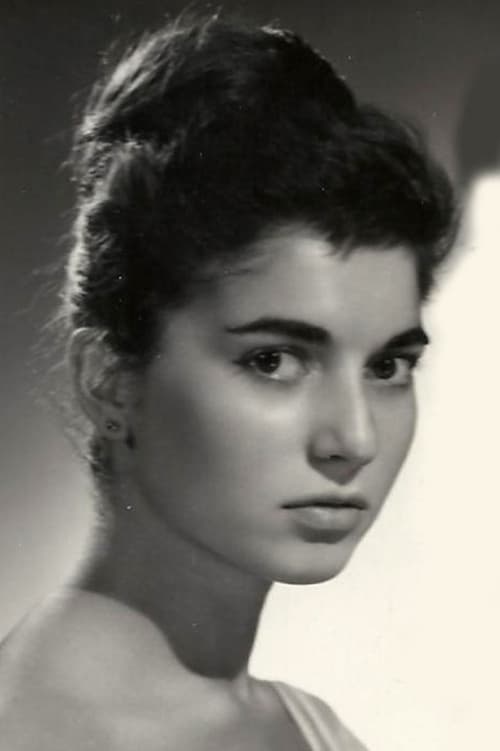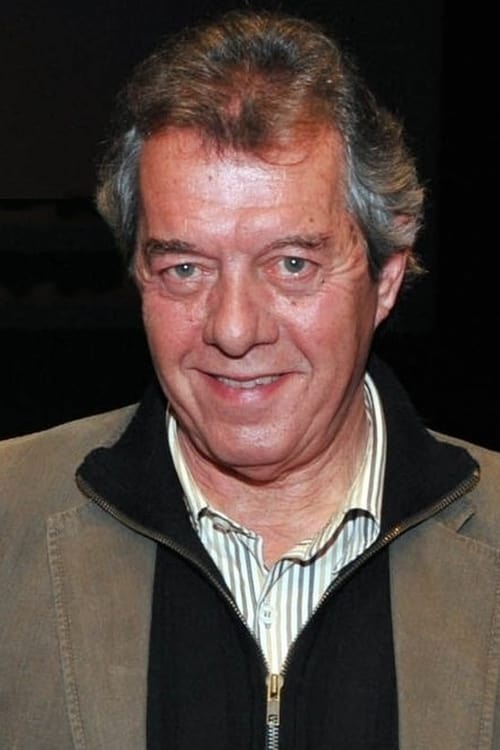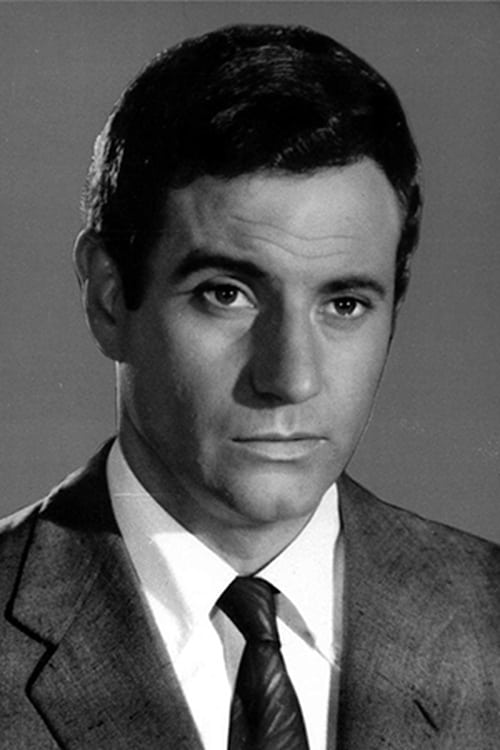Yo soy Arturo Fernández (2019)
Gênero : Documentário, Cinema TV
Runtime : 58M
Director : Álvaro Zancajo
Sinopse
A gentle portrait of the mythical Spanish actor Arturo Fernández (1929-2019) in the hour of his passing, in his own words, through his latest interviews, not previously broadcast, and the words of those who knew him thorough decades of charming and good performance on stage, his true home, as well as in cinema and television.
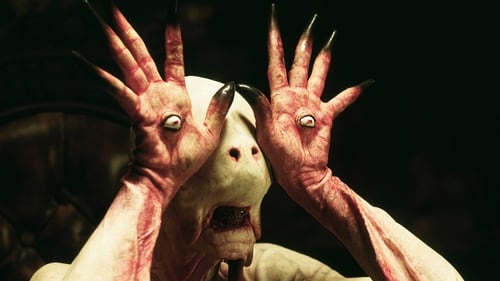
Em 1944, na Espanha, a jovem Ofélia e sua mãe doente chegam ao posto do novo marido de sua mãe, um sádico oficial do exército que está tentando reprimir uma guerrilheira. Enquanto explorava um labirinto antigo, Ofélia encontra o Pan fauno, que diz que a menina é uma lendária princesa perdida e que ela precisa completar três tarefas perigosas a fim de se tornar imortal.
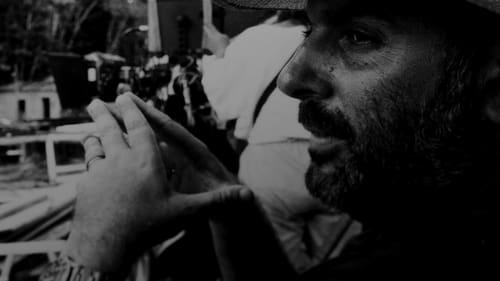
Sitiado pelo câncer e perto do fim, o brilhante cineasta argentino-brasileiro Héctor Babenco (1946-2016) pede a Bárbara Paz, sua esposa, um último desejo: ser o protagonista de sua própria morte.
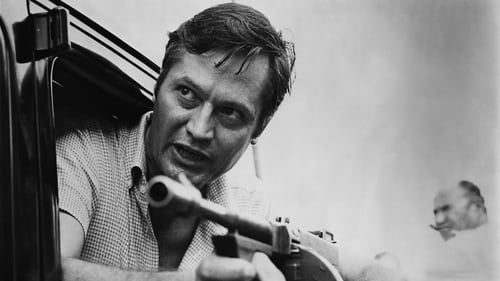
A chronicle of the long career of American filmmaker Roger Corman, the most tenacious and ingenious low-budget producer and director in the US film industry, a pioneer of independent filmmaking and discoverer of new talent.
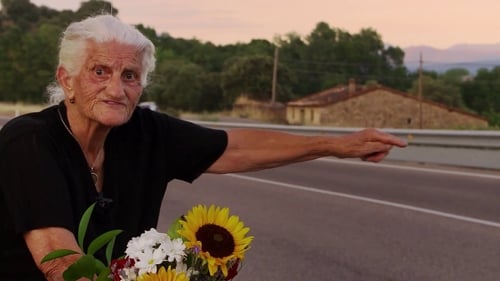
Em 1977 o parlamento espanhol aprovou uma Lei de Anistia que garantia a liberdade de todos os presos políticos e a proibição do julgamento de qualquer ato criminoso ocorrido durante a ditadura de Francisco Franco no país. O Franquismo assombrou a Espanha durante 38 anos deixando um imenso número de vítimas e parentes sem respostas. Os cineastas Almudena Carracedo e Robert Bahar foram atrás desses sobreviventes e, durante um período de 6 anos, entrevistaram pessoas como José Galantes, que hoje em dia vive muito próximo de seu torturador, e Maria Martín, que até hoje não conseguiu ter acesso aos restos mortais de seu pai, morto durante o regime.
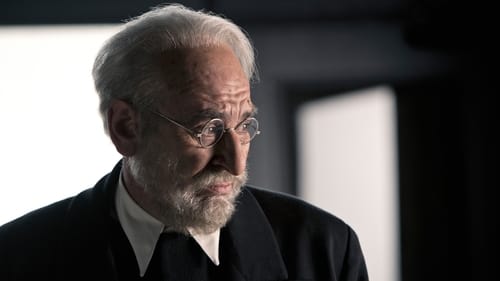
O escritor Miguel de Unamuno enfrenta a si mesmo e seus ideais após o golpe militar de 1936.
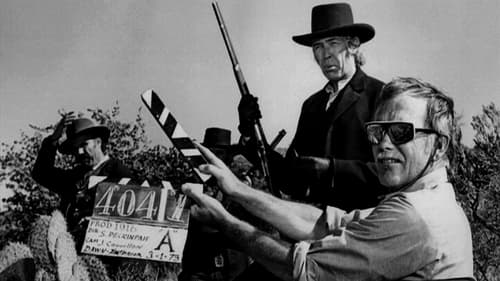
An account of the life and work of American film director Sam Peckinpah (1925-84), a tortured artist whose genius and inner demons changed the Western genre forever.
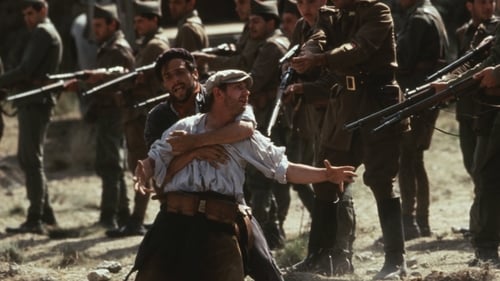
Primavera de 1936, um jovem comunista desempregado, David, deixa sua cidade natal Liverpool para se juntar à luta contra o fascismo na Espanha. Ele se junta a um grupo internacional de milícia, homens e mulheres, o POUM (Partido Obrero de Unificación Marxista). Depois de ser ferido, ele vai para Barcelona, onde decide se juntar a outro grupo de milícia. Eles permanecem em Barcelona e acabam brigando outros grupos antifascistas. David está decepcionado e decide voltar para sua antiga milícia.
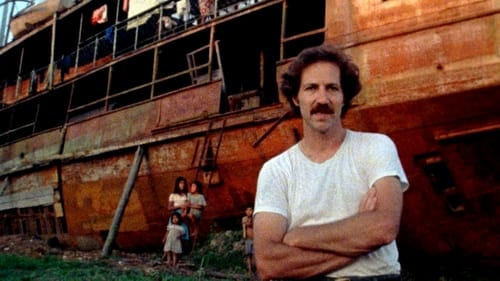
The Amazon rain forest, 1979. The crew of Fitzcarraldo (1982), a film directed by German director Werner Herzog, soon finds itself with problems related to casting, tribal struggles and accidents, among many other setbacks; but nothing compared to dragging a huge steamboat up a mountain, while Herzog embraces the path of a certain madness to make his vision come true.
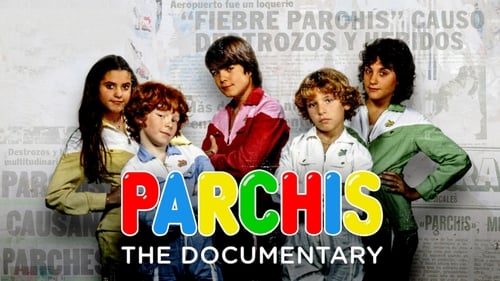
The spotlight's on Parchís, a record company-created Spanish boy/girl band that had unprecedented success with Top 10 songs and hit films in the '80s.
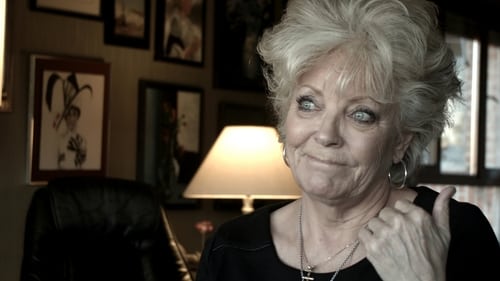
A walk through the golden age of Spanish exploitation cinema, from the sixties to the eighties; a low-budget cinema and great popular acceptance that exploited cinematographic fashions: westerns, horror movies, erotic comedies and thrillers about petty criminals.
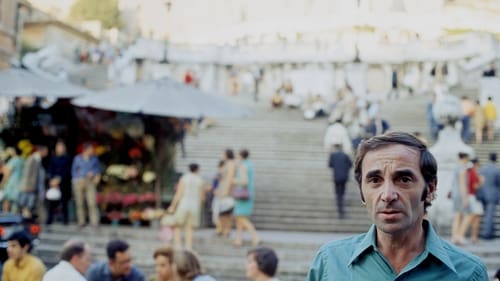
In 1948, French singer Charles Aznavour (1924-2018) receives a Paillard Bolex, his first camera. Until 1982, he will shoot hours of footage, his filmed diary. Wherever he goes, he carries his camera with him. He films his life and lives as he films: places, moments, friends, loves, misfortunes.
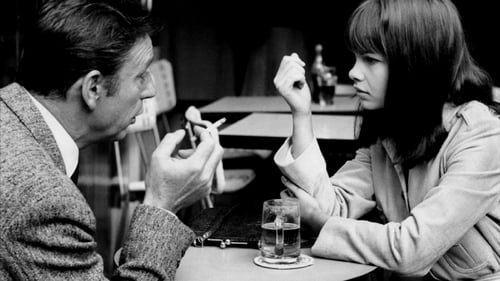
Um grupo de espanhóis refugiados na França tenta organizar protestos contra o governo em Madri. Sua rede está sob constante ameaça pela polícia espanhola e alguns deles foram recentemente presos. O personagem principal Diego (Yves Montand) dedicou toda a sua vida à batalha, mas ele se sente afastado para sempre. Ele não encontra seu lugar nem em seu país adotivo (França) nem no amor. Mas este filme não é sobre a história, é sobre estilo. Alain Resnais tem uma abordagem original neste filme e isso é o que faz com que esse filme valha a pena ser assistido. (e 14 - Estimado 14 Anos)

The life of Paco Martínez Soria (1902-1982), one of the most famous and beloved Spanish actors, both on stage and screen; a comedian, a theatrical producer, an idol for the masses. A celebration of the uncommon gift of making people laugh.

Morir en Madrid brings together several papers on the Spanish Civil War and integrates capturing different points of view, intended to represent the continuity of the suffering of the Spanish during the Franco regime. The death of Federico Garcia Lorca, Guernica, the defense of Madrid, the International Brigades, are some of the items comprised in this document.

A look at the different masculinities portrayed in Spanish cinema through time. (A sequel to “Barefoot in the Kitchen,” 2013.)
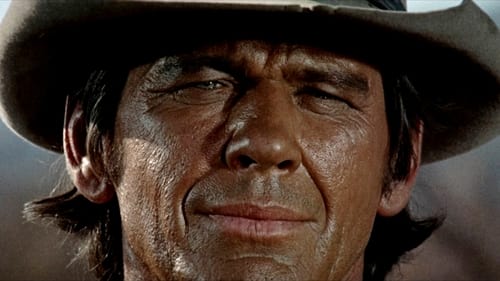
Second part of a three-part documentary series on the making of Once Upon a Time in the West, Italian filmmaker Sergio Leone's masterpiece, released in 1968. (Preceded by An Opera of Violence; followed by Something to Do With Death.)
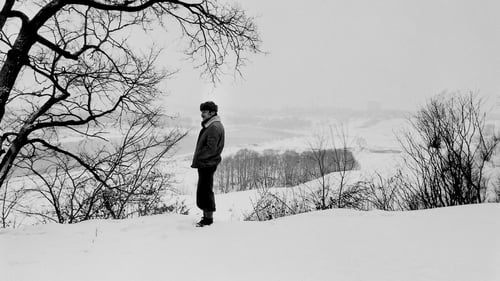
Um relato em primeira pessoa da vida e obra do cineasta russo Andrei Tarkovski (1932-86): suas memórias, sua visão da arte e suas reflexões sobre o destino do artista e o significado da existência humana; através de gravações de áudio extremamente raras que permitem uma compreensão completa de sua vida interior e do mundo misterioso por trás de suas complexas imagens cinematográficas.
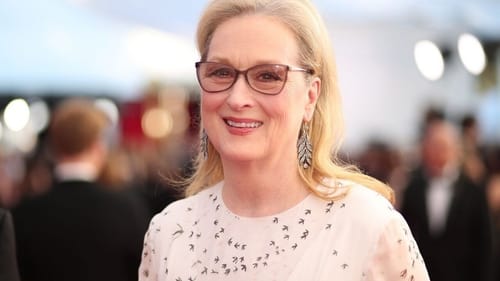
Meryl Streep is one of the most versatile and successful actresses of all time and is still considered a superstar after 50 years of career. She fascinates filmmakers and audiences alike with her broad range of expression.
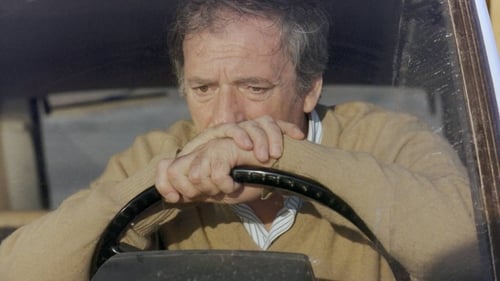
France, 1975. Jean, an exiled Spanish Communist, is a successful screenwriter who, after a tragic event, struggles with his political commitment, his love for his country, under the boot of General Franco, whose death he and his comrades have waited for years, and his complicated relationship with his son. (A sequel to “The War Is Over,” 1966.)

First part of a three-part documentary series on the making of Once Upon a Time in the West, Italian filmmaker Sergio Leone's masterpiece, released in 1968. (Followed by The Wages of Sin.)


